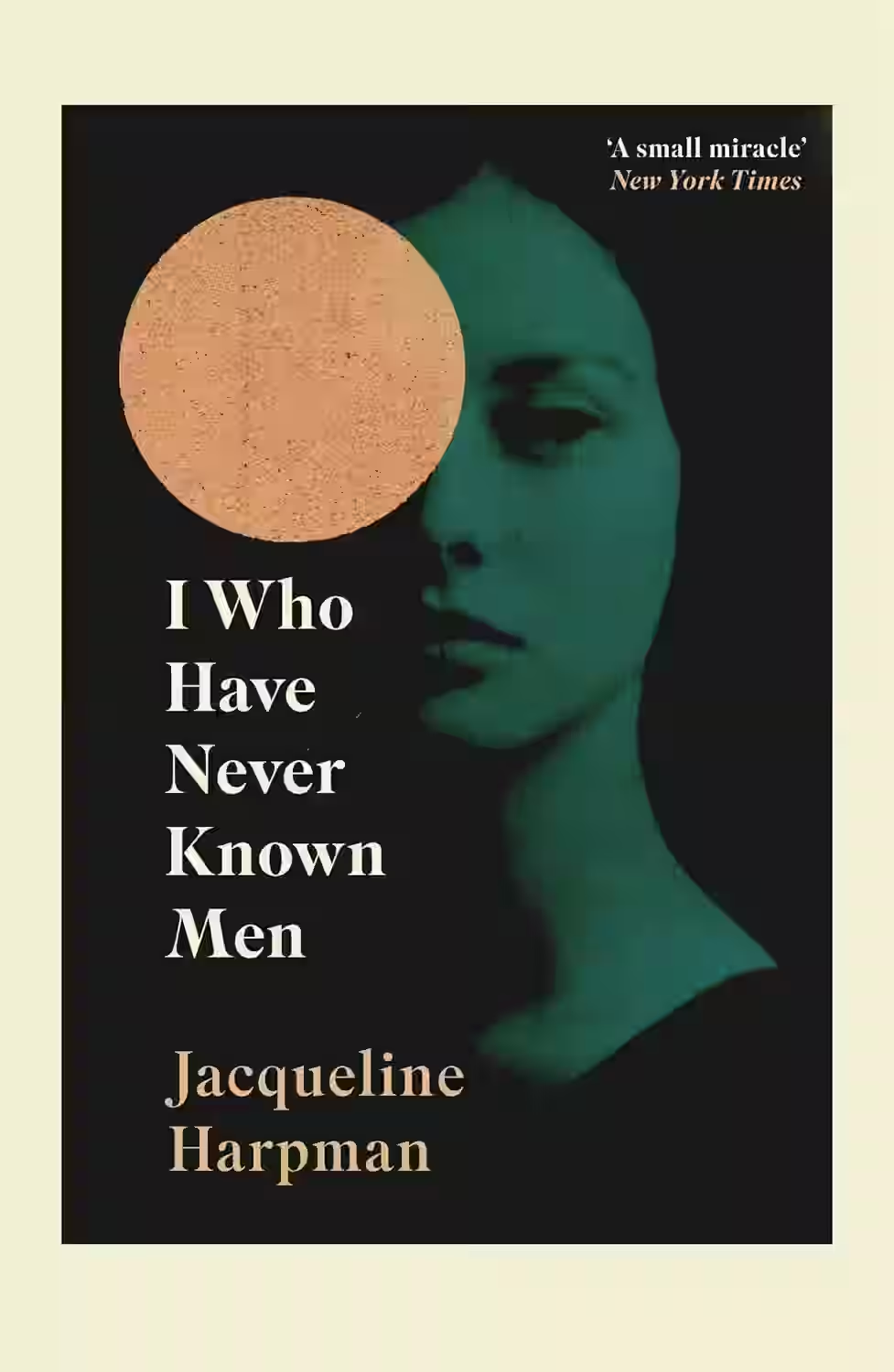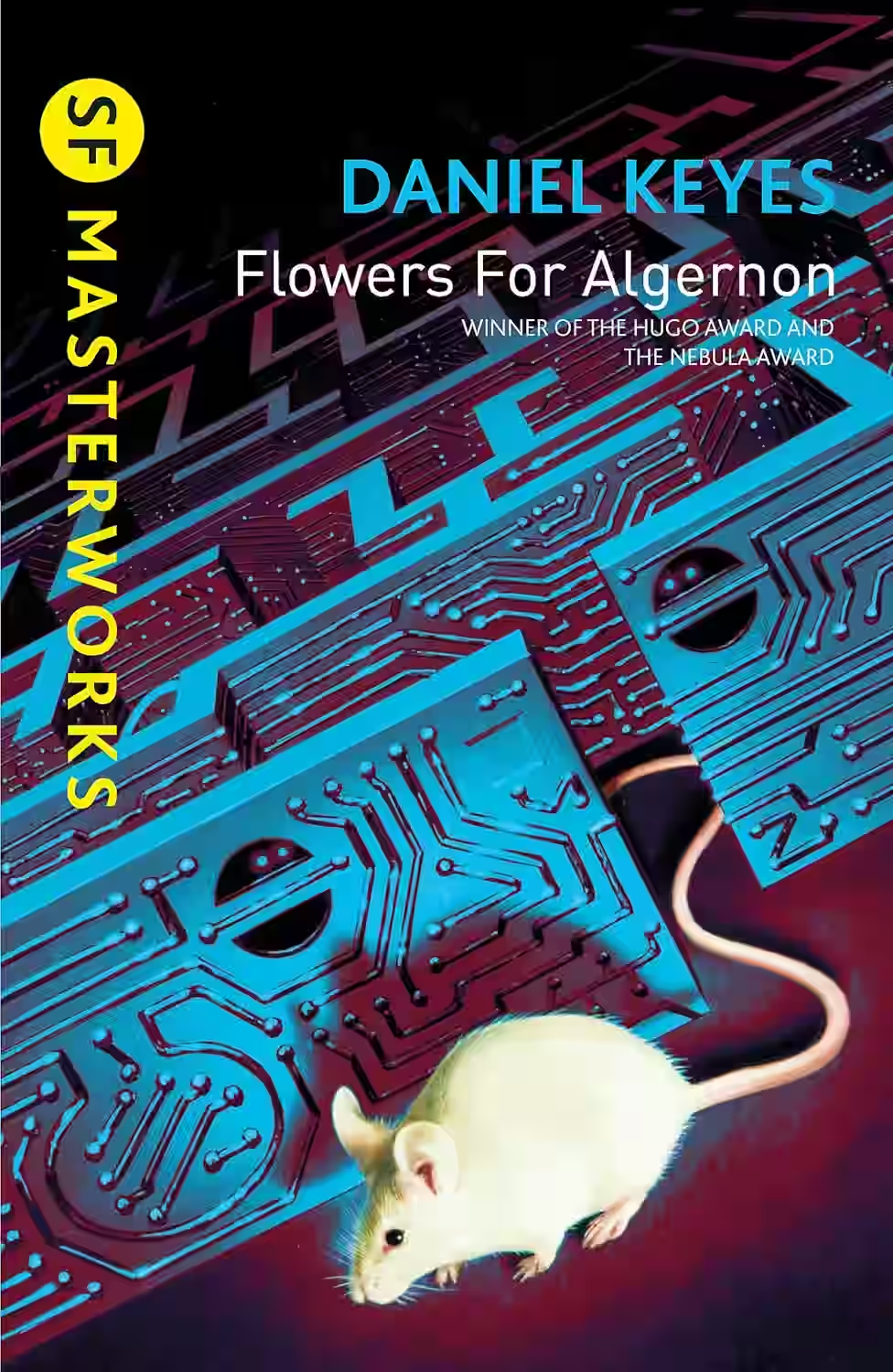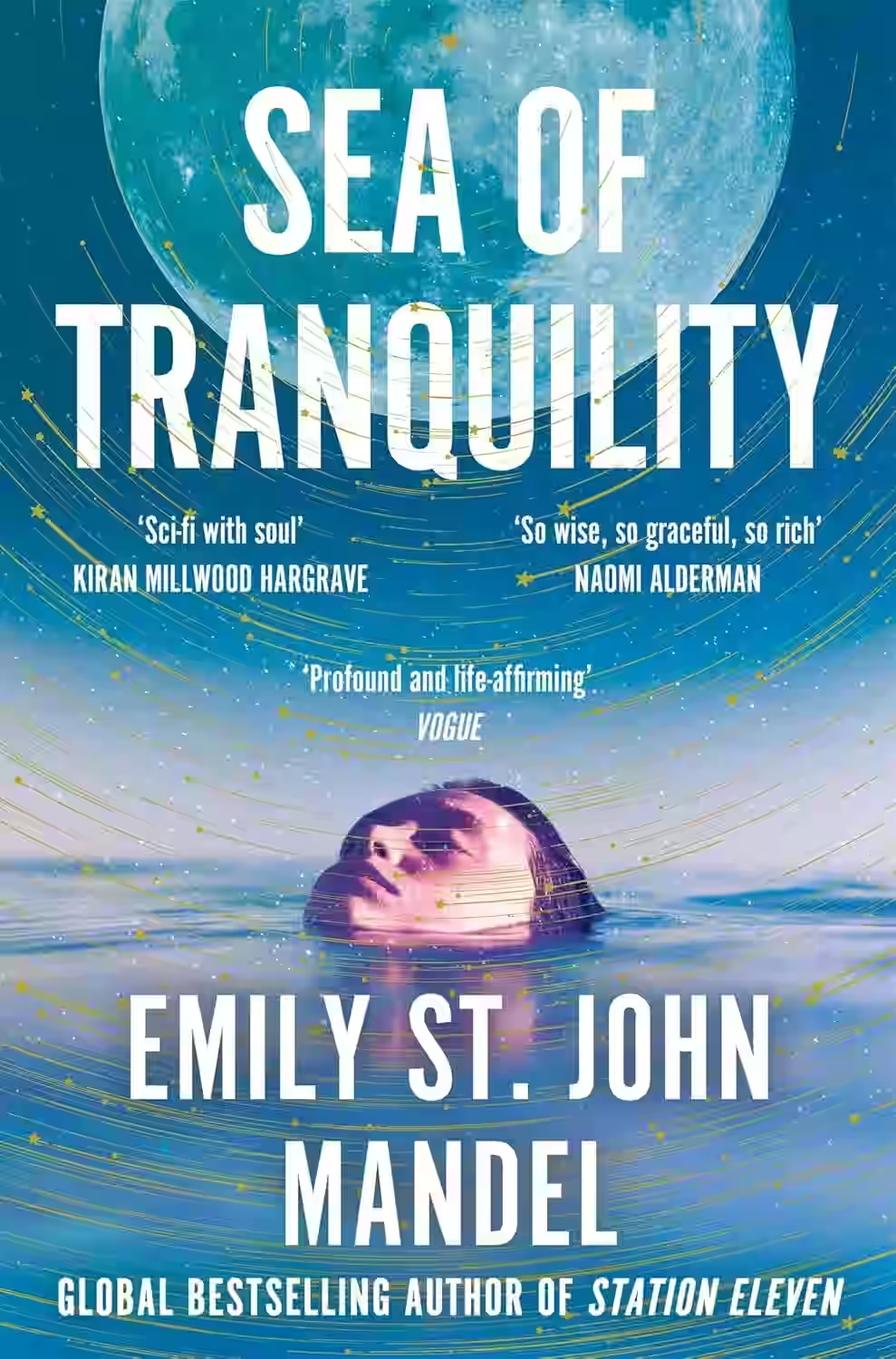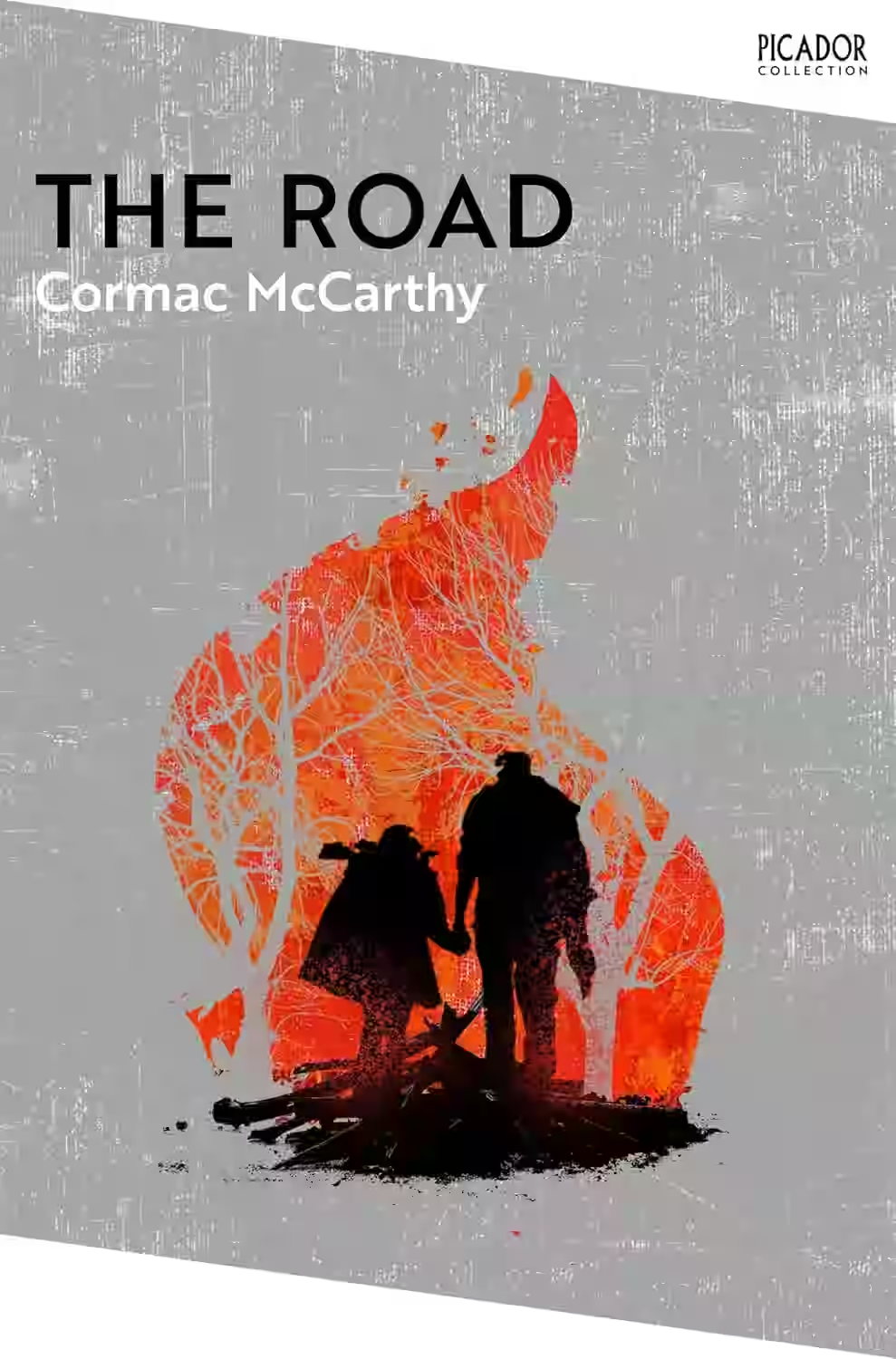
In Jacqueline Harpman's 'I Who Have Never Known Men,' we delve into a thought-provoking narrative following a group of women imprisoned in an underground bunker. The protagonist, a young woman named L, navigates the complexities of survival, freedom, and identity as she encounters the first man they have ever seen. The novel intricately weaves themes of power dynamics, autonomy, and societal constructs as the women explore their newfound reality. Harpman's writing is hauntingly beautiful, drawing readers into a world that challenges perceptions and questions the essence of humanity. 'I Who Have Never Known Men' is a compelling and introspective read that lingers in the mind long after the last page.
About Jacqueline Harpman
Jacqueline Harpman (1929-2012) was a prominent Belgian author known for her introspective and psychologically complex novels. Born in Etterbeek, Harpman studied psychology before becoming a respected writer. She often explored themes such as identity, memory, and relationships in her works, blending elements of realism with whimsical storytelling. Harpman gained international recognition for her novel "Orlanda," which delves into the journey of self-discovery and gender identity. Her writing style, characterized by its lyrical prose and profound insights into the human psyche, has left a lasting impact on Belgian literature. Harpman's body of work continues to resonate with readers seeking profound reflections on the intricacies of human nature.
Similar Books

Flowers for Algernon
by Daniel Keyes
In Daniel Keyes' poignant novel 'Flowers for Algernon,' we journey alongside Charlie Gordon, a mentally disabled man whose life changes dramatically when he becomes the subject of an experimental surgery that enhances his intelligence. As Charlie's intellect grows, he grapples with his evolving relationships, deep existential questions, and the emotional complexities of his newfound self-awareness. The narrative powerfully examines themes of intelligence, humanity, loneliness, and the essence of being. Through Charlie's moving and introspective journey, Keyes explores the fragile nature of identity and the inherent human desire for connection and understanding.

The Candy House
Jennifer Egan's inventive sequel to "A Visit from the Goon Squad" explores the evolution of technology and its impact on human connection through interconnected narratives and experimental structures. It delves into themes of memory, consciousness, and the allure and potential pitfalls of shared digital experiences, showcasing Egan's signature stylistic innovation.

Sea of Tranquility
This evocative passage introduces a multi-layered narrative spanning centuries and locations, from the 19th-century Canadian wilderness to a future moon colony and a "Night City." Edwin St. Andrew's mysterious experience with the violin in the airship terminal sets a strange, unsettling tone. Two centuries later, author Olive Llewellyn unknowingly echoes this event in her pandemic novel, hinting at a deeper connection. Detective Gaspery-Jacques Roberts' investigation into a wilderness anomaly promises to unravel the threads linking these disparate lives and the unsettling possibility of timeline disruption. The blend of historical exile, futuristic settings, and a central, unexplained event creates an intriguing premise.

The Road
In a burned-out America, a father and his young son walk under a darkened sky, heading slowly for the coast. They have no idea what, if anything, awaits them there. The landscape is destroyed, nothing moves save the ash on the wind and cruel, lawless men stalk the roadside, lying in wait. Attempting to survive in this brave new world, the young boy and his protector have nothing but a pistol to defend themselves. They must keep walking. Winner of the Pulitzer Prize for Fiction, The Road is an incandescent novel, the story of a remarkable and profoundly moving journey. In this unflinching study of the best and worst of humankind, Cormac McCarthy boldly divines a future without hope, but one in which, miraculously, this young family finds tenderness. An exemplar of post-apocalyptic writing, The Road is a true modern classic, a masterful, moving and increasingly prescient novel.